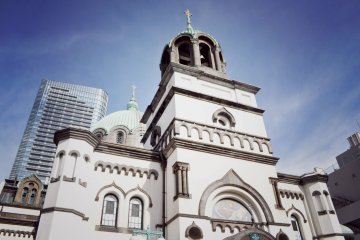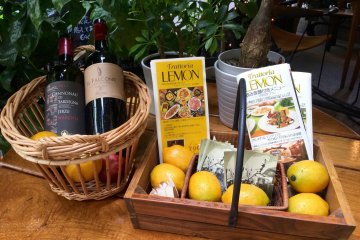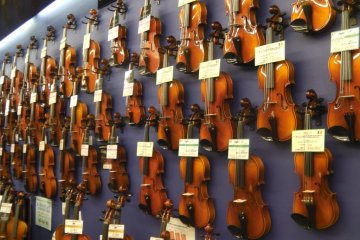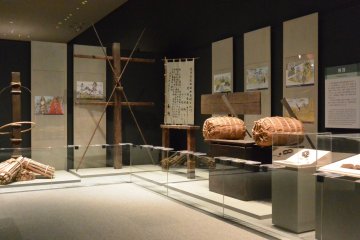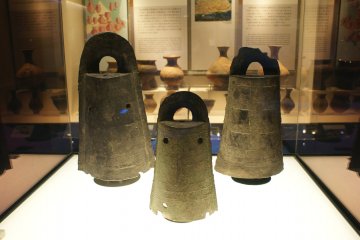Taking learning to a higher level, Meiji University freely shares with the public the knowledge and treasures it has accrued over its 138 years of operation thanks to the Meiji University Museum, near Ochanomizu station.
Featuring three distinct departments, Meiji University Museum makes a good hangout to delve into various branches of history. The Commodity Department considers lifestyles through commodities, the Criminal Materials Department contemplates law and human rights, while the Archaeology Department is concerned with humankind's past and diversity.
Commodity Section

Born out of the need to protect the heritage of traditional handicrafts and artifacts in the face of rampant modernisation, the Commodity Department was put together to collect and proudly showcase traditional artifacts like handmade lacquerware, dyed textiles and ceramics.
Such items offer a powerful glimpse into a past era and, as familiar everyday objects, possess elements of Japanese culture, supported by detailed information on the manufacturing processes and raw materials used in the different stages of production.
Criminal Materials Section

Learn about Japan’s past criminal laws and ways of administering punishment from the Edo Period with exhibits like edict boards and the Ishidakizeme, where stone slabs were loaded on to a suspect’s legs to administer pain and extract confessions.
Contemplate how far such methods have evolved over time, and could be compared to European advances, like the guillotine and the infamous Iron Maiden of Nuremberg.
The plethora of documented criminal history and fearsome replica artifacts serve to spur visitors to reflect on the value of human dignity, as well as contemplate the evolution of methods used.
Archaeology Section

At the Archaeology Department, indulge in your inner Indiana Jones as you pore over the archaeological treasures on display.
Expect to come across some designated important cultural assets from the Iwajuku site in Gunma Prefecture, the Sunagawa site in Saitama Prefecture, the Natsushima shell mounds in Kanagawa Prefecture and the Izuruhara site in Tochigi Prefecture. Not just limited to artifacts, the Archaeology Department also features over half a century’s worth of related research and surveys!
If you’re in Tokyo’s city centre, or hanging out in the nearby Akihabara Electric Town, why not pop over for a quick tour of the quirky Meiji University Museum?



